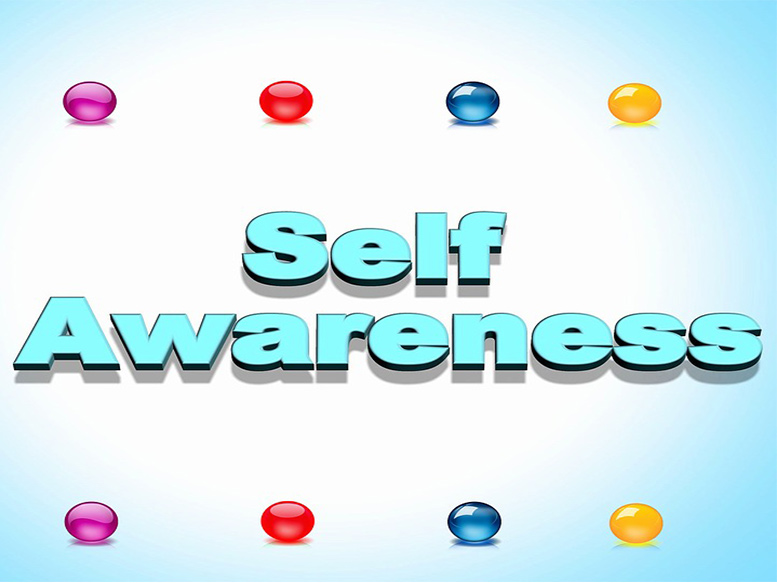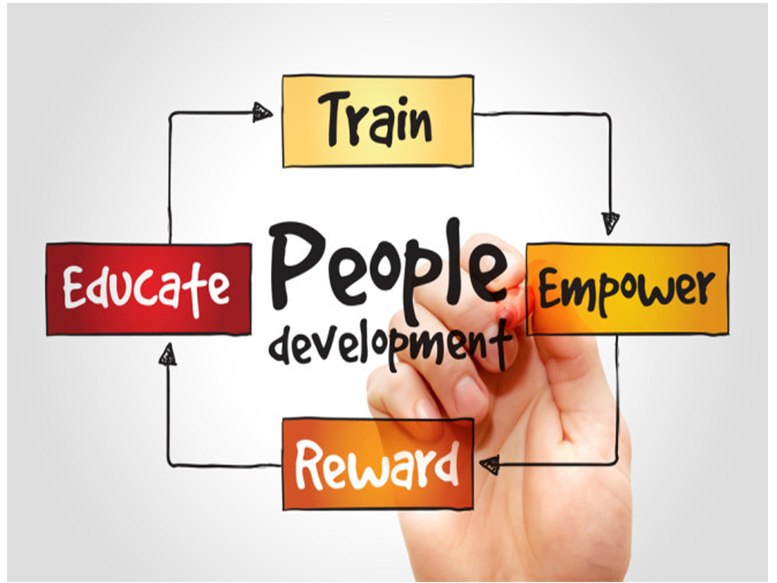Studies show that nearly half of new leaders do not receive any leadership training. This is both unfair to the new leader and detrimental to the organization.
Most people are promoted into their first leadership role as a result of their high performance as an individual contributor and/or because of their technical skills. Yet what has helped them succeed as an individual will not necessarily contribute to their success as a people leader – where the challenges and responsibilities require a different set of skills.
New leader training needs to be a key component of every organization’s learning and development plan. And it should not be just a one-day event around policies, performance reviews and disciplinary actions. It needs to be structured in a way that gives participants time to apply their learning, receive feedback, and get the ongoing support necessary (mentoring, coaching) to grow into the next line of senior leaders and executives.
With that being said, it is EQUALLY important that new leaders – and leaders at all levels – proactively share the responsibility for their own development. Ya gotta put some skin in the game.
In my recent survey of senior leaders, the PeopleThink Leadership Journey Survey, many respondents said they wished they had spent more time on leadership development early in their career. “I wish I had invested in myself earlier in the journey. It would have accelerated the impact I could have on others had I been more aware and insightful.” “I would have started sooner to allocate more time to work on my leadership competencies.”
So, if you are new to a leadership role or working toward becoming a leader, what can you do to prepare?
Start by becoming self-aware. This is what I call the inventory stage of leadership development, and it’s a key component of my GET REAL Leadership Program. Understanding your values, competencies, accomplishments and those behaviors or beliefs that have (yes) worked against you is the first step on your journey to becoming the leader that only you can be.
Let’s begin by Defining Your Values. This is an extremely important step in clarifying who you are or want to become as a leader. Your values – those things that are non-negotiable for you – will be key to guiding your behaviors and decisions on your leadership journey. Have you defined your values? If not, here’s a 10-minute exercise that will help.
On a sheet of paper, write down one-word descriptions of all the things that are important to you at work and in your life. Here are some examples: Appreciation, adventure, balance, challenge, competition, dependability, empathy, flexibility, fun, health, humility, independence, influence, kindness, knowledge, learning, power, prestige, quality, safety, risk-taking, success, teamwork, visibility, wealth, wisdom. Now go back and circle 10 that are the most important to you. Review those 10, and then put a star next to your top 5. These are your TOP 5 Values – the non-negotiable things you must have in order to do your best. Keep them visible. Use them as a guide to ensure that what you do, what you say, and what you decide aligns with your values.
The next step in becoming self-aware is identifying internal barriers that have prevented you from being who you want to be. We all have them. Calling them out helps us overcome them. Tune in next time to learn more.
Till next time,
Karen









